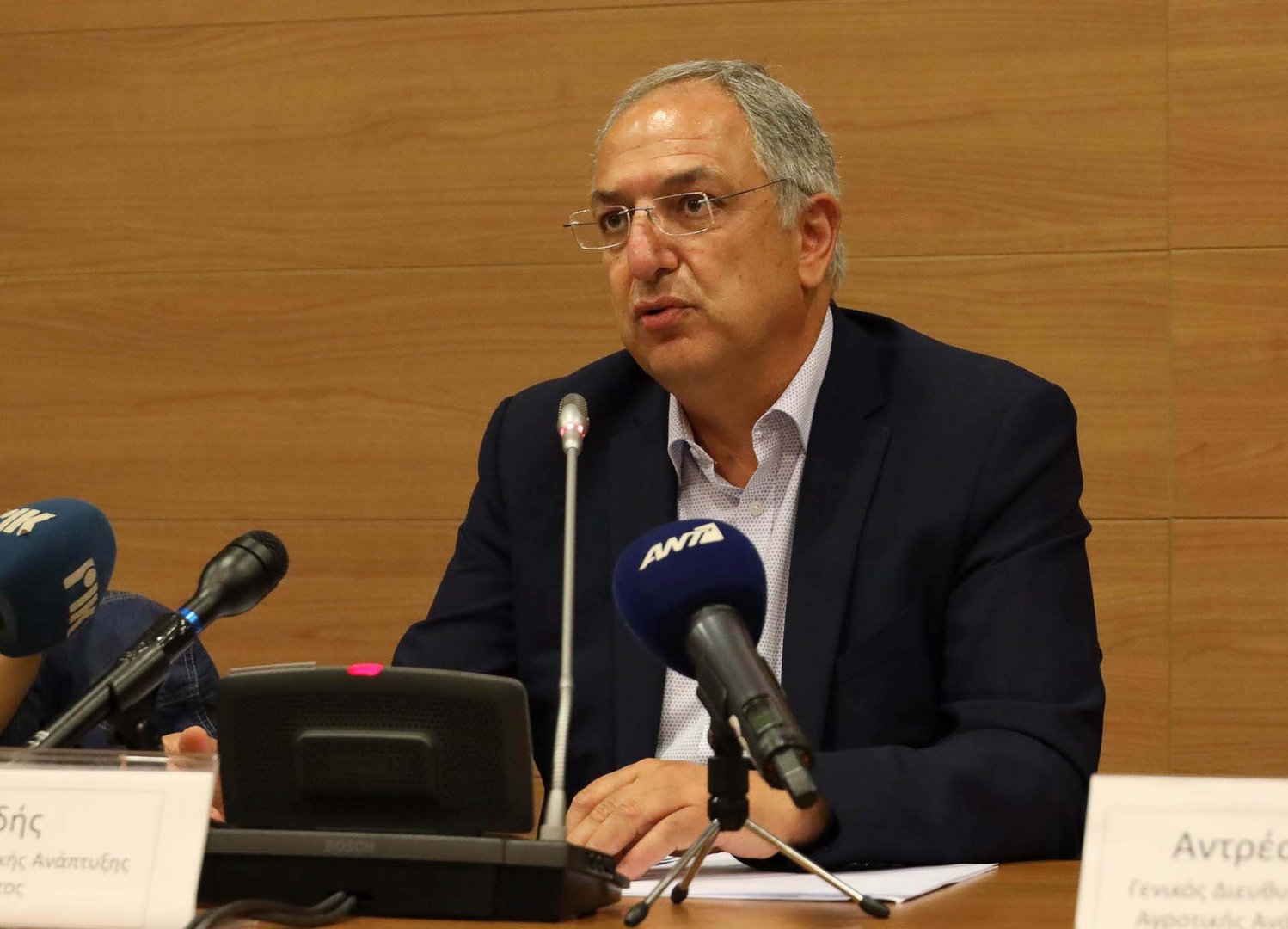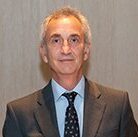Costas Kadis, Cyprus’ commissioner-designate will have his confirmation hearing at the European Parliament in Brussels on Wednesday afternoon during which he will answer questions by MEPs of the Committee on Fisheries and Oceans, also known as PECH.
Kadis, a Professor of Biodiversity Conservation and Deputy President of the University Council of Frederick University since 2023, in the previous nine years had served in Nicos Anastasiades’ government, first as education minister for four years and as agriculture minister for five years. He had also served as health minister for eight months in the Tassos Papadopoulos government.
While most confirmation hearings have an overlap of parliamentary committees, PECH has exclusive competence and only its members can ask Kadis questions. The chair of the Committee on Environment, Public Health and Food Safety, Antonio Decaro, will also attend the hearing and be permitted one question.
There will be 20 confirmation hearings from Monday to Thursday at the European Parliament while the final six hearings will be held on Tuesday, November 12. The 26 commissioners will be officially announced on November 21 after Conference of the Presidents of the European Parliament (President of the Parliament Roberta Metsola and the Chairs of the political groups) declares the closing of the hearings.
Before it does this, the Conference will study the evaluation letters for each commissioner-designate from the different committees and the recommendations of the chairs of the committees. It will also publish all the evaluation letters.
Once this is done, the President-elect of the European Commisssion, Ursula von der Leyen will present the team and her policy priorities to the plenum of the European Parliament. The debate will be followed by a vote; a simple majority is required for the approval of the new college of commissioners, which starts work on December 1.
For Kadis, like all the candidates designated by their national governments, this has been a long process, which began in August, when President Nikos Christodoulides, with whom he had served in the Anastasiades government, decided to put him forward as Cyprus’ commissioner.
His academic background, which includes a PhD in Conservation Biology, combined with his political experience, made him a suitable person for the job. And he satisfied the conditions set by the EU Convention which stipulate that commissioners are chosen “on the basis of general abilities and their commitment to the European idea” and “complete guarantees of independence.”
In September Kadis received the Mission Letter from the President of the European Commission, Ursula von der Leyen, under whom he would be serving. The letter gave an outline of the new Commission’s approach and priorities before informing Kadis of what von der Leyen expected of the Commissioner for Fisheries and Oceans.
Apart from his CV, Kadis had to submit a ‘Declaration of Interests’ document, in which he had to list posts held over the last ten years as well as other professional activities over the same period. He also had to list all financial interests, such as assets, shares, bonds and liabilities “which could be considered to be capable of giving rise to a conflict of interest.”
The Declaration of Interest form is examined by the European Parliament’s committee on legal affairs, JURI, which could seek additional information and make suggestions for resolving issues of conflict of interest, if they exist. JURI’s letter confirming the absence of any conflict of interest is a condition for the holding of the confirmation hearing.
Kadis also had to answer a questionnaire in writing before the hearing. The first two questions are general – the first relates to general competence, European commitment and personal independence and the second is on management of the portfolio and cooperation with the European Parliament. He then had to respond to seven questions from the Committee of Fisheries and one from the Committee on Environment.
On Wednesday, starting at 2.30pm (local time) he will be answering questions from the 27 members of PECH for three hours as part of his confirmation hearing, the final hurdle of the process. At this, Kadis will make a 15-minute introductory speech, answer MEPs questions and make a concluding statement.
An evaluation of the hearing is carried out shortly after, by the chair of the committee, Carmen Crespo Diaz, of Spain’s Partido Popular political party and the coordinators who are the representatives of the political groups in the committee. The chair of the environment committee, Antonio Decaro, of Italy’s Partito Democratico will also attend.
The meeting, which is held behind closed doors, wants two questions answered – does the commissioner-designate have the relevant qualifications to be a member of the Commission and is he suitable for the portfolio given to him. There are three possible outcomes – unanimous approval, unanimous rejection, in which case the national government would have to propose a new candidate, or approval by two thirds of coordinators.
If there is no approval by two thirds of coordinators there could be another hearing or more information sought in writing, and if this still does not secure a two thirds majority, the committee is convened and votes. A simple majority would be enough in such a case. Once a decision is taken, the evaluation letter is sent to the Conference of Presidents.
The process should have been plain sailing for Kadis, but in early October, Politico Europe carried a very critical article of his time as agriculture minister. The article accused Kadis of doing nothing while serving as agriculture and environment minister from 2018 to 2023 about the burying of waste at Limassol’s Pentakomo waste treatment plant, in violation of the EU’s Law of Waste.
The plant, which was funded by the EU to the tune of €46m, was set up so that Cyprus would stop burying household waste, but the government ignored the terms of the funding, allowing the contractor to bury the waste for years, until the Christodoulides government closed it down at the end of 2023. Kadis had turned a blind eye to the burying of waste in the five years he was minister, said Politico.
Whether this will be brought up at Wednesday’s confirmation hearing and affect the outcome remains to be seen.







Click here to change your cookie preferences